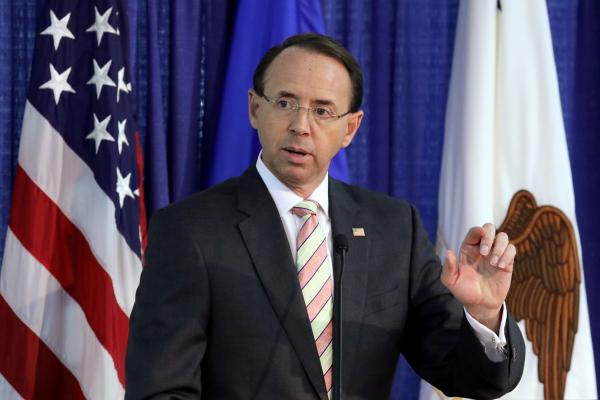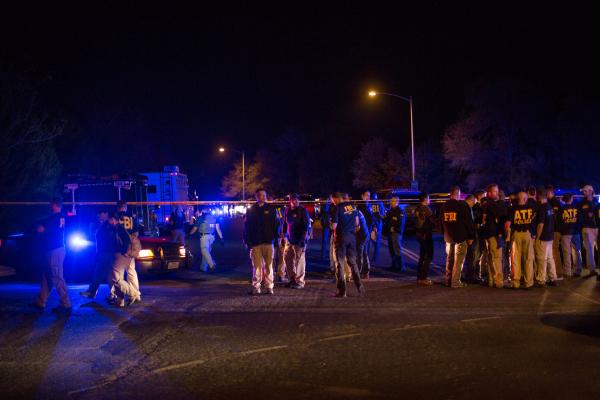Our concerns about the future of our nation’s values, heart, and soul, and even for democracy itself compel us to respond more theologically than politically, where what we believe is the foundation of the things we must vocally reject. We believe that the future of the nation’s soul, and the integrity of faith, are both at stake.
Because for her, designing clothes for Muslim women is less about a modest fit and more about carrying out an Islamic ethic. Of course, it’s also about style. “The modest fashion industry didn’t have anything that was speaking to the fashion-forward and edgy Muslim girl,” Ijaz says. “They’re all speaking to a person that I would see as my mom or my aunt.”
Courts have generally rejected challenges to “See You at the Pole” events, in which students who want to pray gather at their school’s flagpole outside of class time. And the Supreme Court has generally upheld student-led prayer as long as it is not compulsory or organized by school officials.
Countries in the Gulf States have some of the highest levels of immigration as a percentage of their population in the world.
At least 60 percent of Puerto Ricans receiving TSA assistance in the United States don’t plan to return to the island when funding expires, a FEMA representative said, although that could change in the future as the island rebuilds.
In Washington, many lawmakers have criticized FEMA as having too lenient standards for determining whether Puerto Ricans’ homes damaged by the hurricane are livable. Sen. Elizabeth Warren (D-Mass.) said one home FEMA defined as “hospitable” doesn’t have a secure roof, doors, or windows, and may not have access to power or clean water.
Carlos Velazquez, 14, who attends Howard W. Blake High School in Hillsborough County, doesn’t read or write in English. But all of his courses, including physics, math, and literature, are taught by English-speaking teachers, while only one teacher is available to help Spanish-speaking students understand their coursework.
"With this tripwire, this changes things," Christopher Combs, special agent in charge of the FBI's San Antonio division, said. "It's more sophisticated, it's not targeted to individuals ... a child could be walking down a sidewalk and hit something."
Acknowledging that loneliness is a profoundly human and sometimes uncurable experience rather than a mere pathology might allow people — especially lonely people — to find commonality.
Tragically, the separation of spirit from matter has tainted the way we see all of humanity. In the past, it was used to justify violence against the Native Americans, and in the more recent past we’ve dismissed thousands of casualties from wars in the Middle East. We have leaders today who consider war in Korea palatable because “if thousands die, they’re going to die over there.” This is a direct result of a theology that cares more about souls than it does bodies. It’s much harder to love our neighbor if we don’t see the divine, the Christ, within them. It makes it much easier to characterize entire swaths of people groups who don’t have “Jesus in their hearts” as being the enemy. It continues to pervade modern day missions that typify non-Christian cultures around the world as savages living in darkness, rather than looking for the light that is already present and using that as the starting point.









